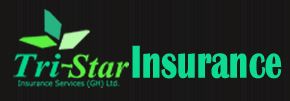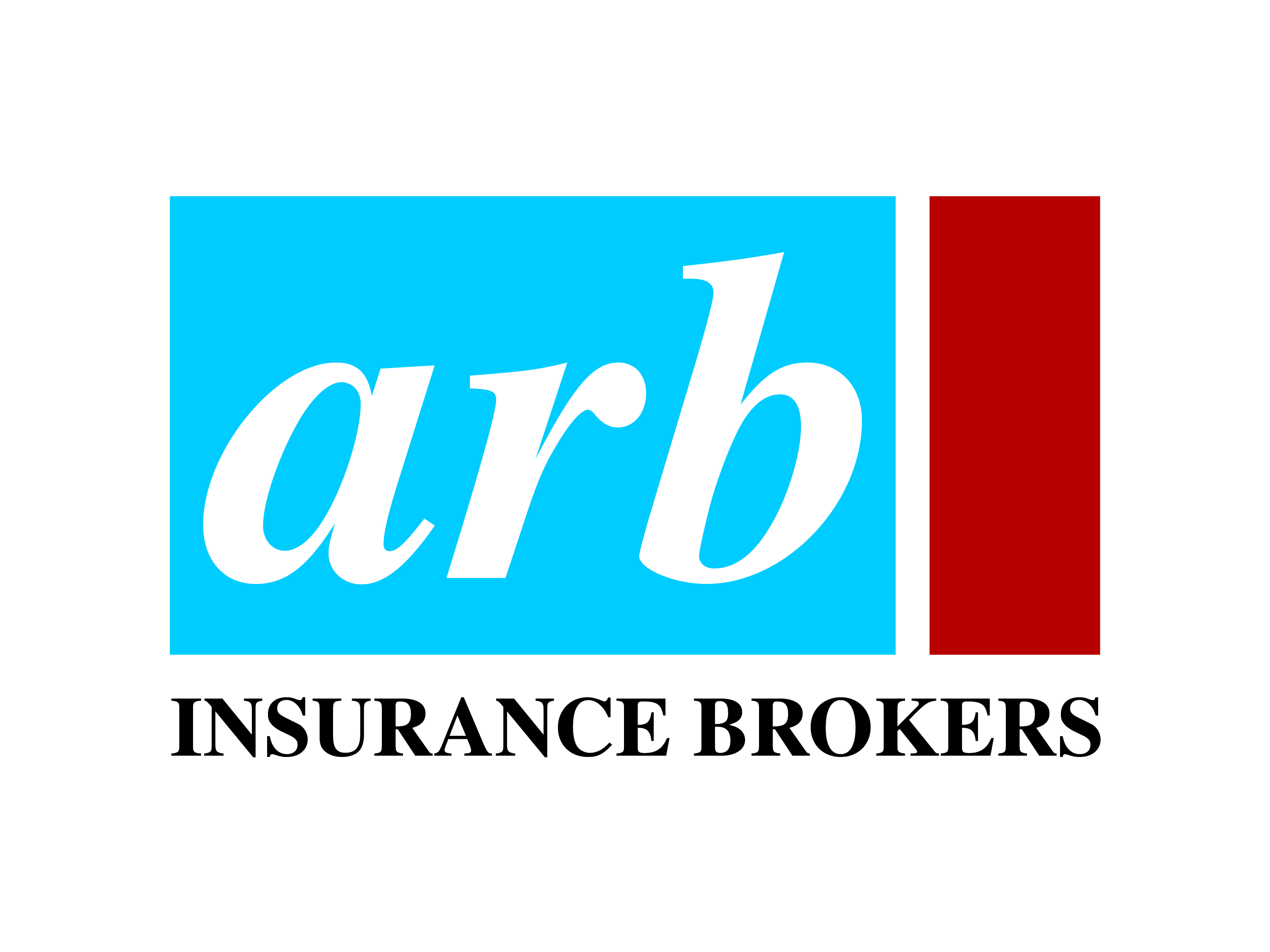
The Actuarial Society of Ghana (ASG) has been made aware of the impending introduction of
"How could the same level of Fixed Capital Standard be required of a two- year old startup company with a trickle of business on its books and a well-established company which has diverse blocks of risky business that date back decades, and also between the long-term contracts of Life Insurance Companies and short-term contracts of General Insurance?"
The Form of Insurance Companies: Prior to the 1980s most of the insurance companies around the world were formed under the mutual company system. The company's capital supporting the business was provided by its policyholders through loaded premiums. The companies used their dividend scales to effectively provide adequate capital beyond the Fixed Capital Standards.
Since the capital was being provided by the policyholders whose objectives were the accident, fire, theft, mortality and morbidity coverages there was no requirement for the companies to produce a certain amount of earnings in line with the capital provided to the company.
Products in the Era:
The products on the market 40 years ago were mostly non-interest rate sensitive. That is, the risk written by the insurance companies were mostly on accident, fire, morbidity, mortality and general business. Interest rate volatility was minimal enough around the globe for companies to consider it not a material risk.
The advent of high rates of inflation and interest rates in the 1970s caused by the soaring oil prices led insurance companies to design and sell interest sensitive products such as Universal Life, Variable Life and etc. The companies also incorporated the volatile interest income to be earned in the premium rates for all products in order to stay competitive with the bond, stock and savings products in the financial markets.
These competitive premium rates led to the demutualization of practically all the insurance companies since it became difficult for them to sell their loaded premium products. After the demutualization exercises the insurance companies had to raise capital from the public capital markets.
Return on Equity (Capital and Surplus):
The raising of public capital to support an insurance company is accompanied by periodic provision of the returns on the capital to the shareholders. The shareholders can then make the comparison of their returns on the capital to other similarly situated risky investments and the risk-free treasury rates.
This measurement is called the return on equity or its acronym ROE. Note, equity equals the total investment in the business, which is capital and surplus.
The return on equity (ROE) is
calculated as follows:
ROE = Operational Net Income* + Earned Interest Income on Equity Total Equity Invested in the Business
The issue with the above formula is the drag of the "Earned Interest Income on Equity" on the ratio. This is so because the capital backing the business for unexpected claims and losses is generally required to be invested in very liquid instruments such as treasuries
which earn less than the earnings on the other risky invested assets of the insurance company.
The research behind insurance companies' ROE requirements in developed economies, where 1-year treasury rates are less than 2%, supports ROE requirements in the range of "1-year treasury rate plus 1 0 to 15%." The range may be quadrupled in a country like Ghana where the 1-year treasury rate hovers around 15%. Excess required capital from Fixed Capital Standards over RBC, which is not borne out of any relation to the i n.su r a n c e company's risk profile, leads to lower ROEs due to the lower earnings on the capital. Let's see an example:
Therefore, as stated earlier having more of Fixed Capital Standards capital than necessary (or the risk taken can be a drag on
ROE and lead to a possible exit from the industry or even prevent entry into the industry when ROEs are lower than can be found elsewhere.
The foreign-backed companies may be able to withstand these capital shocks but most of the local companies
which are nimbler in coming up with new products that are unique to the. local economy may have to exit the market.
Premiums will possibly be raised to meet the ROE targets. Also, there is the possibility that for some companies the Fixed Capital Standards requirement may be less than the RBC given the risk profile of the company. This can lead to insolvency.
Moreover, when RBC is instituted the pricing of products can incorporate the cost of the capital charges in there for the ROE target to be earned, with everything else being equal. Operating Net Income is after-tax and not including after- tax investment income on capital and surplus
Conclusion: Even before jumping into increasing the capital to ward off unexpected circumstances the NIC may need to step up its supervision in these areas since it is now clear that the banking crisis stemmed from inadequate supervision.
1. Fraud and theft within the companies through outright theft and self-dealing contracts by executives, including the award of actuarial contracts
2. Ensure that adequate and proper actuarial data is being used to price the products sold in the market.
3. In addition, the valuation actuaries should be made to present their reports in person and explain any deviations from their accredited actuarial bodies' valuation principles and standards of practice.
Those without tangible explanations should be made aware of their liability and possible appeal to their actuarial bodies for disciplinary action.
Fixed Capital Standard may even lead to insolvencies since the big risk takers may take risks that exceed the Fixed Standard Capital requirements, whereas an RBC one will capture all the underlying risks and require appropriate levels of adequate capital to be set up. RBC requirements may even dissuade companies from taking on volatile risks they are not too well versed in which' also cost too muchinRBC.
Finally, even the rating agencies such as A.M. Best, Moody's and S&P have all joined the RBC train. Going forward if the growing Ghanaian insurance industry is expected to receive any future ratings from them, the NIC should assist by putting the
industry on the right path immediately.
a. The tripling of the Fixed Capital Standard requirements may appear to be safely guarding the industry but in reality it may be ruining the insurance industry in the long run.
b. The companies. may have to raise their premium rates to meet their ROE requirements.
c. The potential excess capital from Fixed Capital Standard can be deployed elsewhere in the Ghanaian economy instead of being tied up in the insurance industry for no economic reason but for a false sense of security.
The RBC system can be planned for, worked on, and implemented by early 2020. So there is no need to tamper with the current system. The new requirements will impose unnecessary angst and useless work on the industry.
Actuarial Society of Ghana (ASG)
info@asg.org.gh
An actuary with over 30 years of experience including
as a Chief Actuary of a reinsurance company
Share On Social Media

Third-party insurance premiums up from January 1; ¢482 for private cars and ¢637 for taxis
Read MoreWhy Buy Insurance ?
There will be no need for insurance if we are living in a perfect world on this planet called EARTH. Our goods would always arrive at their destination
Read MoreEmerging Trends In Ghanaian Insurance Market An Overview
According to a report by a UK based IT Solutions, Ghana has one of the fastest growing insurance industries in the world.
Read MoreTop 10 Insurance Brokers In Ghana
Ghana 2016 68 Insurance brokering companies that operated in Ghana in 2016 earned Income of GHC 73,144,221 in 2016 representing growth rate of 12%.
Read More






















